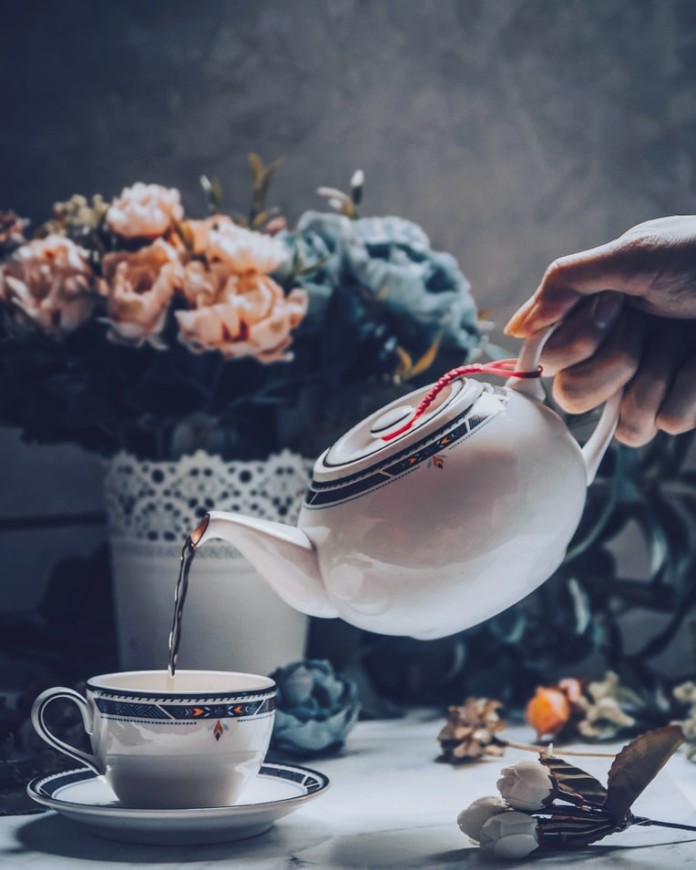Herbal tea comes from different brands, and with the different brands comes different packaging. While some might think the packaging doesn’t matter, it does. It’s not only crucial in advertising the product; it’s essential in keeping the product as organic as possible, and there have been different debates regarding the difference between compostable and biodegradable.
What’s the difference between compostable and biodegradable?
Note that these two words would probably come up in your green product search or how to make your food waste renewable. However, the main question is: which is better?
When we mention the word “biodegradable,” there are often materials that can be disintegrated by the action of fungi, bacteria, or other biological means. So, biodegradable is primarily the course of nature on living materials, breaking them down into several components. One of the key points to note is the biodegradation of plastics, as they could be broken down into water and carbon dioxide.
On the other hand, compostable is the ability of organic materials to become useful for other biological processes. Hence, composting is the process of recycling waste for reuse, primarily as fertilizers. Hence, this is one of the reasons why teabags are better for composting, and when disposing of them, they shouldn’t be disposed into plastic because plastics would hinder composting. As mentioned earlier, when plastic decomposes, it gives way to water and carbon dioxide, of which carbon dioxide could be poisonous.
The main difference between these two processes is that while biodegradation doesn’t require any specific order or settings to break down, composting needs to undergo some particular processes for appropriate breakdown. It should, however, be noted that composting is much faster.
Why should I consume herbal tea that either comes in blends or teabags?
Consuming sugar balance tea and other types of herbal tea in teabags is of great importance, and here are the reasons:
- They are compostable:
As explained earlier, composting is the process of allowing your waste materials to be decomposed into several other materials under favorable conditions. For herbal teas such as sugar balance tea, composting teabags is quite easier and organic. However, if this tea stored in plastic, the process becomes interrupted, and the decomposed materials become influenced by “impurities.” To fully enjoy the benefits of your sugar balance tea, when getting rid of the teabag, be sure they are disposed where composting would be possible.
- Flavor:
Agree with me that tea stored in teabags never loses its flavors compared to those in plastic. It’s more natural to take teas that come in teabags, as those in plastic are prone to lose their “tea flavor” the older they get. It’s rumored that any tea outside the teabag is a drink, not proper tea, as it is incomplete without the natural flavor and the scent. In the same way, we’d rather have our coffees in coffee cups than have them in bottles or tumblers – although they can both contain coffee, they are not regarded as the same.
- Packaging matters:
If you love your sugar balance tea, there’s nothing wrong with having your teabags with you everywhere you go. It’s one of the effective means of helping your brand advertise its products. Most teabags are customized such that they contain the name of the company.
Brewing tea is an art, and so is consumption. While this is where most individuals end their consumption of tea, it doesn’t end here. There’s the composting part which is as important as the consumption.




